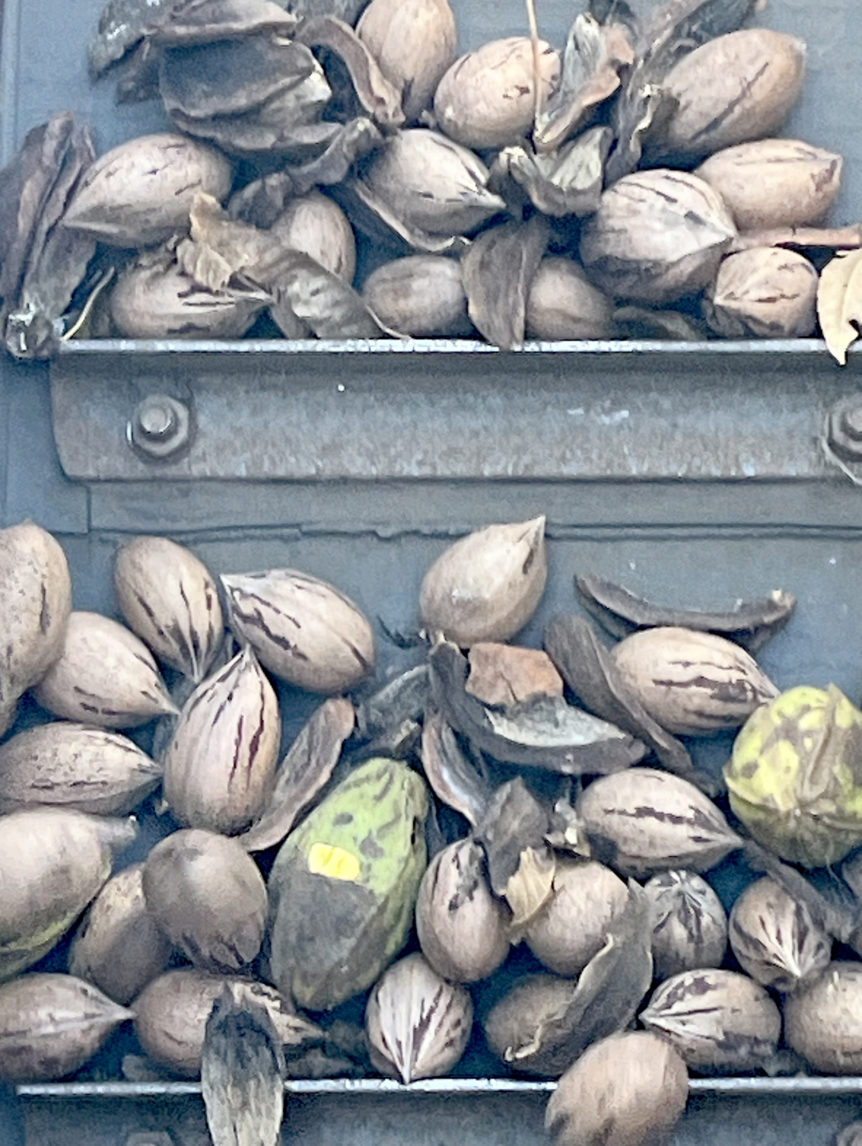By Clint Thompson
Alabama pecan growers need to think outside the box in the future when it comes to marketing their product. At least that’s the belief shared by Bryan Wilkins, Auburn University research associate.

“The guys that were doing more retail than wholesale, they’ve done okay. I honestly think that’s the trend that this Southeast market is going to have to go to. Make your own niche; make your own market,” Wilkins said.
“We’re going to have to market ourselves better, and we’re going to have to market our product better. We’re going to have kick the doors in ourselves and start doing a little bit better job of promoting, in my opinion.”
Low Prices
The traditional method of selling pecans is becoming less financially sustainable for most growers. Alternative methods of selling their crop will help farmers combat a market that offered shockingly low prices last season following Hurricane Helene in September. It’s already helping some Alabama producers.
“Instead of taking them to the accumulator, they’re shelling their own product. They’ve got a little store, going to farmers’ market, things like that; selling directly to the public. The ones that are able to do that are doing okay. It’s just that a lot of people don’t have that capability just for the fact of the cost input to get into it,” Wilkins said.
“The good thing about that is they’ve always done it. You go to any little town around here, there’s somebody that’s always cracked or shelled. (Consumers are) used to buying them that way. Instead of buying them in the grocery store, they’re used to buying them from the farmer or a little market. That helps us.”
Alabama growers produced a high-yielding crop this year only to have their season marred by suppressed prices, from the onset of harvest season. Production appears to be back on track following Hurricane Sally’s devastation in 2020.
“My guys were happy with their harvest. Everybody was encouraged that we’re back on track. It took us two years. Last year was a good year. This year was a better year for harvest. We had a good growing season, not a lot of scab pressure. It was a good year,” Wilkins said.










